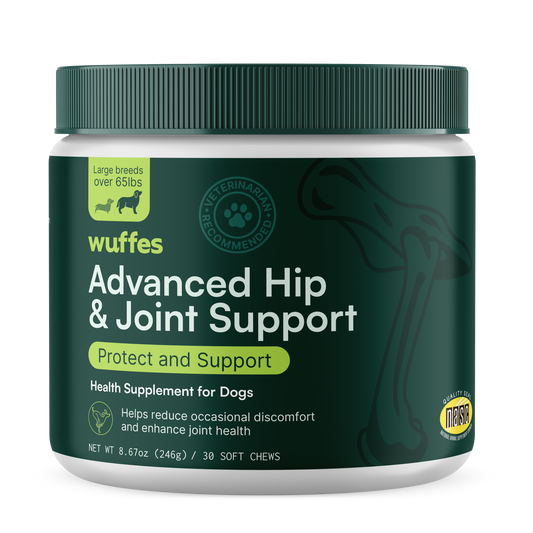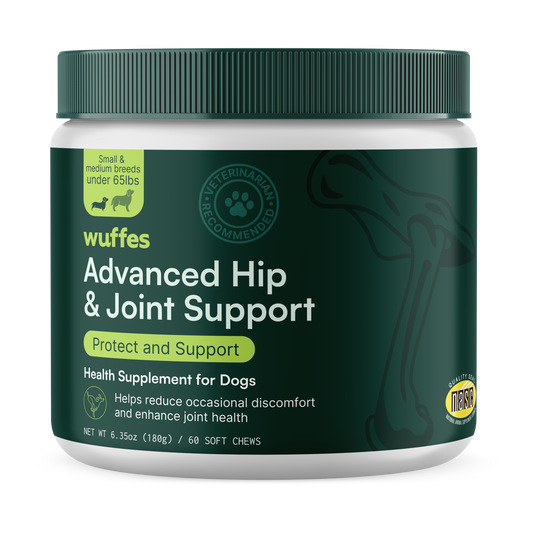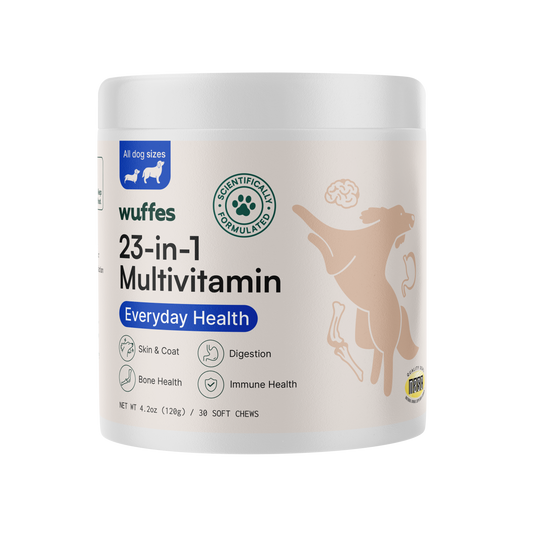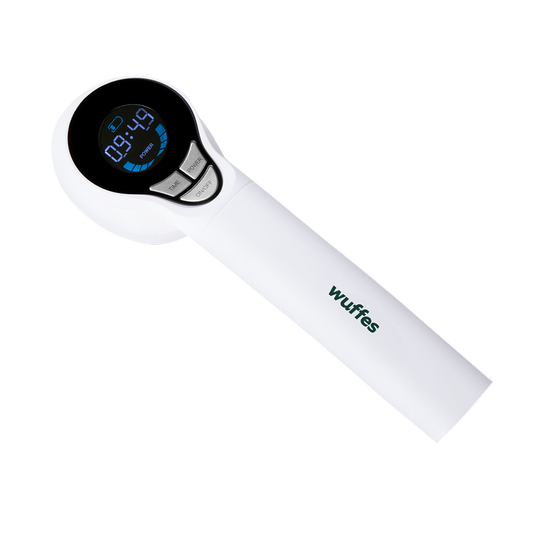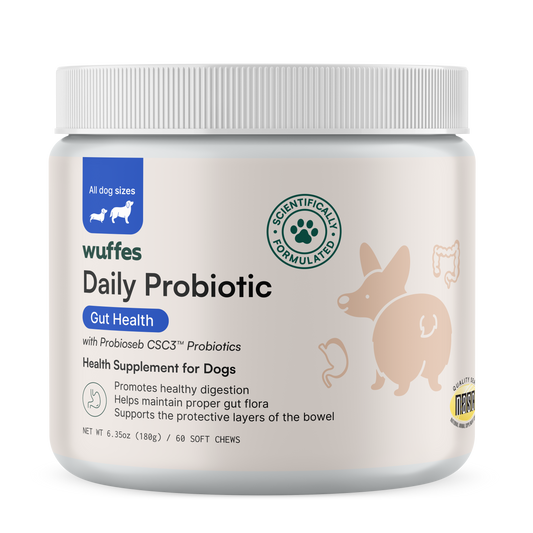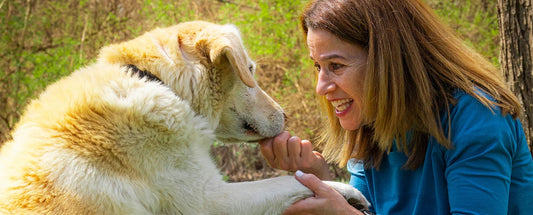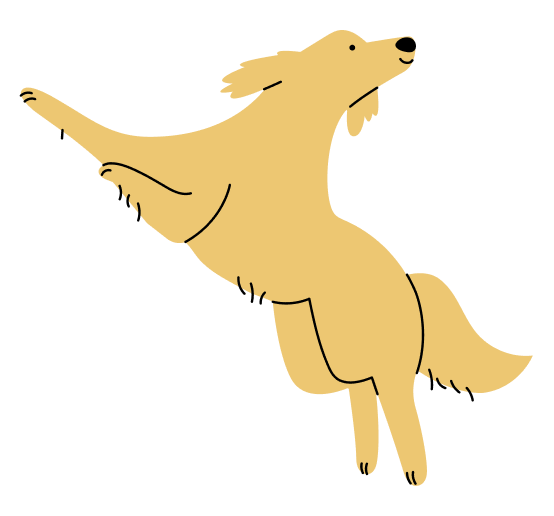Chewing is a natural and healthy behavior for dogs. It helps strengthen their jaws, clean their teeth, and provide entertainment. However, there are times when chewing can become destructive and cause damage to your home. Knowing the causes behind destructive chewing and how to prevent it can save both your belongings and your dog’s health.
What Is destructive chewing in dogs?
While dogs often chew on bones, sticks, and toys for fun, destructive chewing goes beyond normal behavior. Typically, dogs will stop chewing when you redirect their attention or offer a new activity. However, when chewing becomes compulsive or excessive—when a dog refuses to stop, becomes aggressive when interrupted, or constantly seeks new things to chew—it’s a sign of irregular or destructive chewing behavior.
The risks of destructive chewing
The most obvious risk of destructive chewing is damage to household items. Dogs with this behavior may chew through furniture, shoes, and other belongings until they are ruined.
More concerning, however, is the impact on your dog’s health. Constant chewing on inappropriate objects can lead to dental problems, such as worn-down teeth or broken enamel. Additionally, chewing on unsanitary objects can expose your dog to bacterial infections and parasites, which can enter their body through their mouth.
What are the causes of destructive dog chewing and how can you prevent it?
There are several underlying causes of destructive chewing. Identifying and addressing these causes is key to managing the behavior.
-
Hunger
One major cause of destructive chewing is hunger. When dogs are underfed or not receiving enough nutrients, they may chew on anything they can find to satisfy their appetite. To prevent this, ensure your dog is being fed the right amount of food at regular intervals. If your dog continues to chew, offering them multivitamin dog chews can provide both distraction and health benefits. Opt for multivitamin chews that not only satisfy their chewing instincts but also support dental health. -
Anxiety
Anxiety is another common trigger for destructive chewing. When dogs feel nervous or fearful, they may develop compulsive behaviors like chewing to cope. Spending quality time with your dog, providing regular playtime, and creating a calm, reassuring environment can help reduce anxiety and, in turn, lessen their need to chew. You can also incorporate a calming supplement, to help promote relaxation.
-
Boredom
Dogs are naturally energetic and active animals. When they’re bored or left idle for too long, destructive chewing can become their way of staying occupied. Regular physical activity and mental stimulation are essential to keep your dog happy and engaged. In addition to daily walks and play, offering chew toys or puzzle feeders can help satisfy their need for stimulation.
Omega-3 fatty acids can also be beneficial for dogs, as they are known to support cognitive function and overall mental health. Including Omega-3s in your dog’s diet can further enhance their ability to cope with boredom and reduce destructive behaviors.
Conclusion
While chewing is a normal part of being a dog, destructive chewing needs to be addressed for both your dog’s health and the protection of your home. By understanding the underlying causes—whether it’s hunger, anxiety, boredom, or teething—you can take the appropriate steps to manage the behavior and provide healthier alternatives. With the right care, your dog can enjoy chewing without causing harm to themselves or your belongings.

